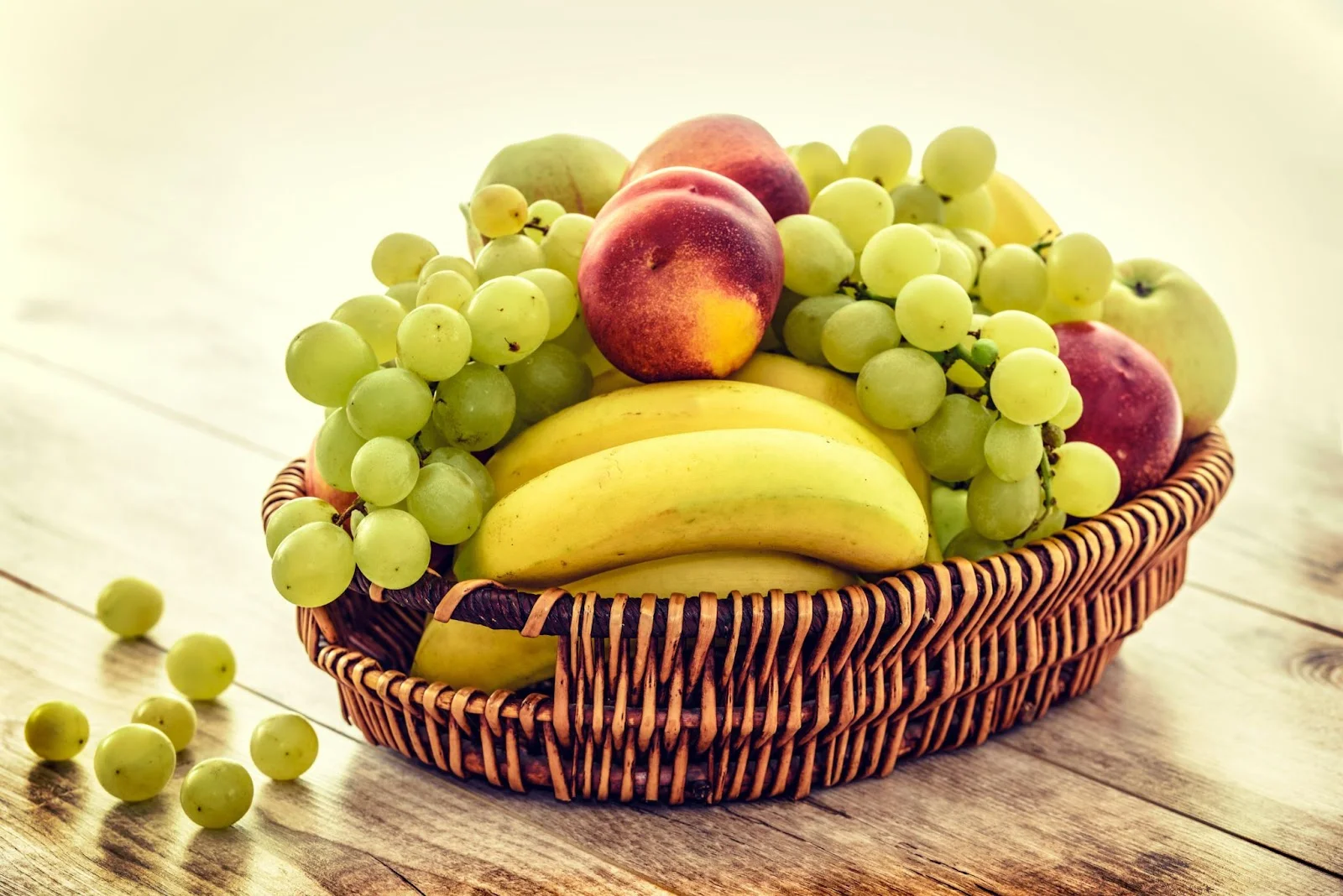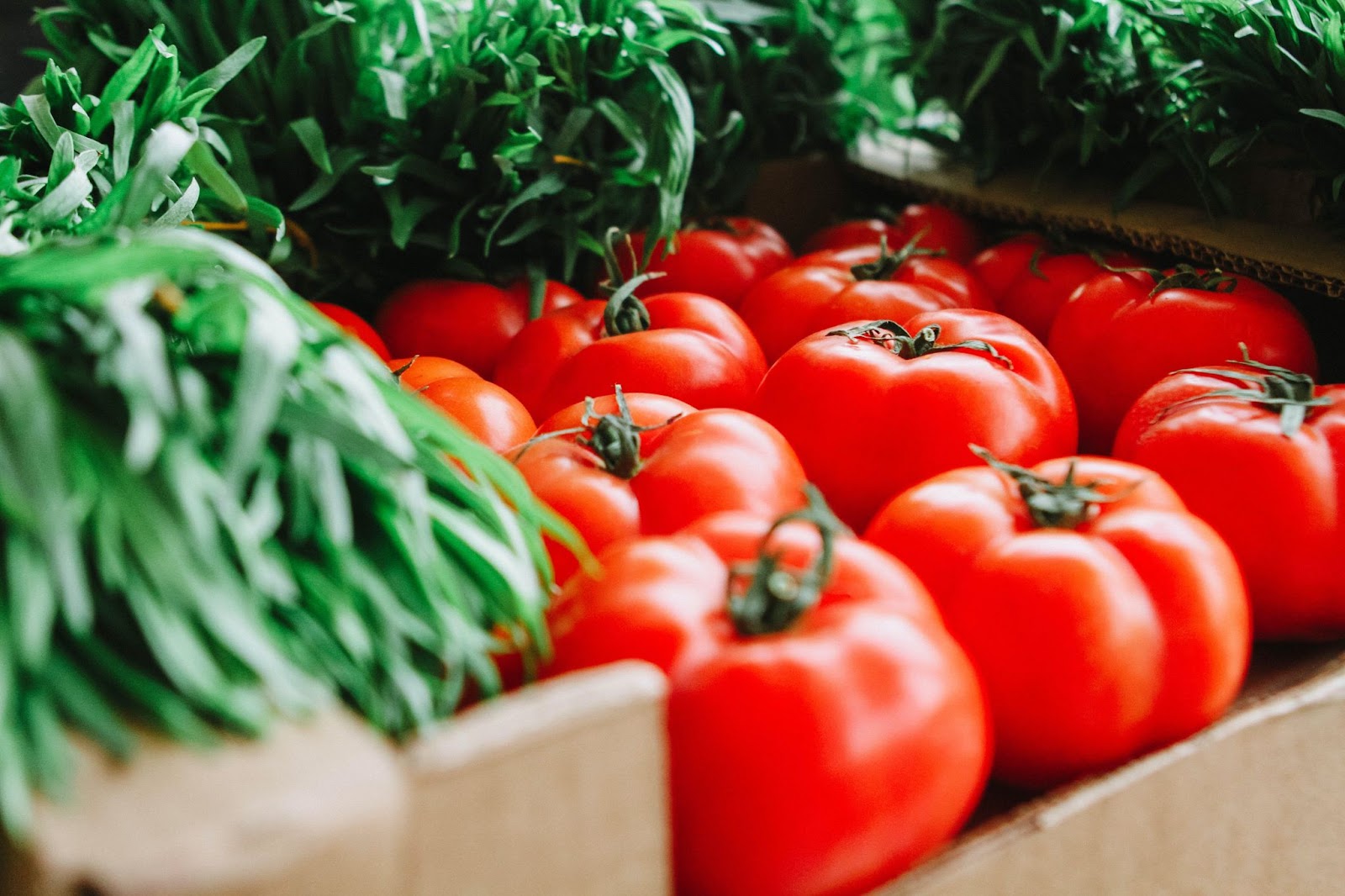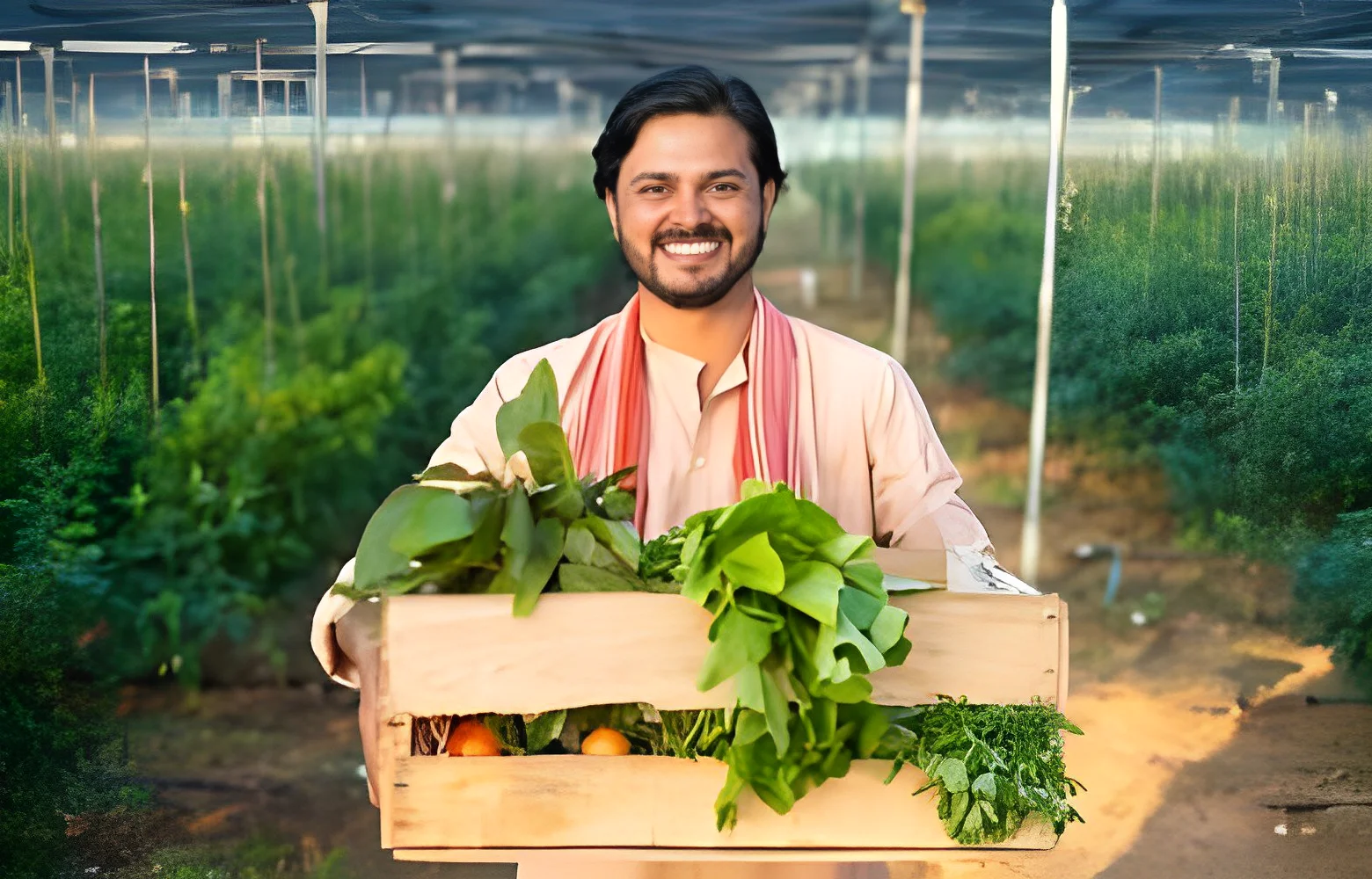Hand's up if you have been bombarded by nutrition tips and tricks from every direction.
"Eat only organic food, or you are a total failure!"
"Only whole grains, nothing else would do!"
"Carnivore diet is the only healthy diet!"
"Sugar is evil, you are one too for eating it!
Isn't it tiresome being bombarded with such statements on a daily basis or what? What frustrates me even more is the contrasting advice that comes your way, every time you read an article or view some video/reel/story.
One day, it is "dietary fiber is everything, eat fiber with your food every day!" Literally the next morning, "fiber is utterly useless! you are an idiot if you waste your calories on this!" Day 3," fiber helps prevent colon cancer! Why aren't you eating it yet?"
At The Quad, we are more concerned about proper nutrition. Our nutritional philosophy is simple. When it comes to food for good health and fitness, there are four words that sum up everything that we believe is relevant.
Real. Sustainable. Practical. Local.
We do not believe in overcomplicating things, prefer to stick to nutrition basics and formulate dietary guidelines that conform to these qualities.
#1 Eat real food
First, what is real food? Real food is naturally occurring. It is food that you will not see advertised on the telly or flashed on billboards every time you set foot outside. It is food that is prepared from ingredients that are as close to their natural form.
Think fruits and not fruit juice, vegetables and not breakfast cereal, rice and not pasta. If your food comes in a box or a packet and has been sitting on a grocery store shelf, chances are it has been processed pretty thoroughly.
This is important because the closer a food is to its natural form, the more essential nutrients it retains.
Why do we harp on the packaging and processing?
When any food item undergoes factory processing, it usually involves some application of heat, the addition of preservatives and/or colors, and most importantly, has an extended shelf life.
A lot of the process might end up stripping it of its original nutrients and then have extras such as essential amino acids or added fiber or vitamins added, to make the final product more attractive and saleable. Isn't it way simpler to eat a carrot, than a packaged food item with "added" Vitamin A?
This holds true for energy drinks too. They are fine if you are on mile 11 of the marathon and you need a quick energy boost. But for the everyday? Better to stick to water.
Bottom line – Let your meals be composed of a variety of foods as close to their original form, like vegetables, whole fruits, and starches like rice, eggs, dairy products, and animal products. These should form the essential building blocks of your everyday nutrition. Eating anything else should be on a need basis.
#2 Eat what you can sustain

The dictionary definition of "diet" is something the world has forgotten: the food that a person or animal usually eats. Literally, the food you eat. But these days, 'diet' has become synonymous with the drastic attempts one makes to lose weight. Unfortunately, these are invariably, short attempts at a fix.
At The Quad, we are in it for the long term. Eating well is for life.
Anyone who is eating towards a goal like fat loss is already making changes. It’s not going to help if the changes are so drastic that it throws normal life out of balance. For example, if a person is trying to consume only liquid foods to achieve a goal, what’s going to happen when he or she stops? Or has a real life intervention like travel or a social event?
How conducive is your way of eating to leading a healthy way of life, if you have to excuse yourself from regular life events?!
This is why we prefer a more sustainable method. We are all in favor of a balanced diet, one that hits the basics of nutrition. But how to make it fit your everyday method of eating?
Let’s take a traditional South Indian meal. The meal will have starch (usually in the form of rice), vegetables, fat (from ghee or oil), and little protein. This is the way it has been for years and this is what is sustainable in South India. Let’s say your goal is fat loss – your best bet at success is to take the regular South Indian plate and modify it a little to make it into a healthy eating plate.
How? Reduce the starch, and fill half your plate with veggies. Add more protein, and stick to small amounts of dessert and fried foods. This way, you still get the good stuff from your traditional meal but also get to progress toward your goal.
Bottom line – Make bite-sized changes to your traditional meals based on your goals. Change the way you eat for life and not for the next lunch or dinner. Healthy foods are those that are a part of your sustainable lifestyle. Don't fall prey to fad diets, don't stress about organic foods, white rice or brown rice. Long game, remember?
#3 Be practical – Eat around your lifestyle and schedule

We all lead busy and stressful lives. Why make food, one of the most enjoyable parts of life, an added stressor?
The two common challenges to eating well are
- Food preparation – Cleaning, cutting, cooking, packing
- Meal timing – Eating X number of meals a day at a predetermined time
Unfortunately, there's no magic wand, no one size fits all approach to nutrition.
Like most everything else, eating good food also requires some hard work. This means planning in advance, grocery shopping, cooking either daily or enough to provide for a few days, and waking up just a little early to pack your lunch. One way to do this is to involve the family. Rope in the spouse and the kids, so that you are all on the same page. There's nothing like planning to make egg dosai and chutney for dinner and having your husband walk in with a bucket of fried chicken!
When you make weekly meal plans with the whole family, everyone gets invested in the final outcome. If your children have contributed to the week's meal suggestions, chances are they won't quibble about finding beetroot and broccoli in their lunch boxes.
Another time saver is to meal prep in advance. Designate a couple of hours of the week to this and everyone chip in. Prep the veggies and fruits as per the meal plan. Even young children can be put to work on washing the fruit and veg, cutting the salad vegetables with a butter knife, etc. When I used to live abroad, I used to grind the coconut mix for kootu, paruppu usili, etc, and freeze them in ice cubes. Such a massive time saver mid-week!
As for meal timing, it is a lot simpler to address. Eat any number of meals your schedule allows you to and at any time that works. This could be 2 meals for some and 4 meals for others. As long as you eat the right foods in the right quantities, you will be fine. If you are working in shifts, obviously eat as per your schedule. No point in worrying about eating as per circadian rhythm if you are at work when everybody else is fast asleep, right?
Bottom line – Make your food fit your schedule instead of trying to force things the other way around.
#4 Eat what’s available locally i.e. around you
Do you remember the furor over superfoods? For a while, gojiberries were a real thing. Your diet wasn't worth talking about if it didn't have them. Or avocado. Or agave syrup (insert your favorite superfood here).
We don't need an international incident to know and make healthy food choices based on what is available to us. How much more simple it is to eat murunga keerai poriyal because you live in the Tropics and you can get the leaves, instead of working out how to transport some exotic ingredient from the opposite end of the earth?
While there are tasty foods you can source from all around the world, it is much simpler to eat foods that are all around you. This includes foods that are grown in your region and reach you with minimum transportation, preservation, and processing.
Why? Nature has already done a fine job of selecting only those foods that are meant to be consumed by someone like you living under specific climatic/seasonal conditions. You don’t need to do anything different to eat right. The plentiful tender coconuts and watermelons you see all around you in the summer play an important role in cooling our bodies down during the terribly hot months.
Bottom line
Eat like an adult! Add in regular physical activity, keep an eye on portion sizes, pay attention to food label and you are golden!
If you need more help in managing your overall health, and more nutrition guidance, get in touch with us today and we will show you how! If you have any chronic diseases, we will be happy to work in tandem with your healthcare provider in managing your health.






